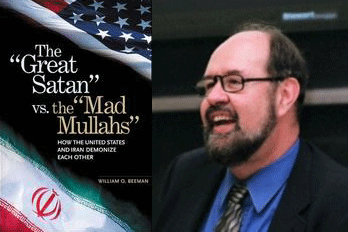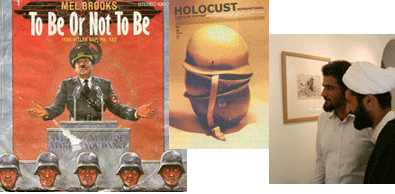
“I am only a professor, who is also a university president, and today I feel all the weight of the modern civilized world yearning to express the revulsion at what you stand for. I only wish I could do better.” Columbia University President Lee Bollinger to Iranian President Mahmoud Ahmadinejad, 24 September 2007
Back in the dark days of the American “culture wars” of the 1990s, I read a surprising newspaper column on higher education by a well-known conservative writer–I can’t remember whether it was George Will or Joseph Sobran. Since both of them usually made me shudder, I was surprised to agree quite wholeheartedly with an argument he was making about the nature and content of college education. Colleges, he wrote, should not offer students courses on popular culture. Not because popular culture is necessarily evil or degenerate, but because this (the content, if not the analytical position) was something they could get from the market. Works by and talk about Madonna, the Ramones, and, even then, the Simpsons, are things students receive daily in their cars and their apartments and from their friends. What a university education should offer students is precisely what is not normally available in the broader world, what they cannot get on the open market: Shakespeare, Moliere, general relativity, the history of Polish nobility in the 16th century. None of these topics can be researched or taught or sustained as bodies of knowledge without subsidy. The market can provide us with the lovely Gwyneth Paltrow in Shakespeare in Love, but not with Shakespeare himself (the exceptions–Kenneth Branagh’s Henry V, Baz Luhrmann directing the extraordinary Claire Danes in Romeo and Juliet, and a few others–prove the rule. They were successes precisely because they were so rare and so surprising). All of what we think of as high culture, from symphony concerts to sculpture, depends on financial support from foundations and governments and wealthy individuals to support its performance and availability (the fact that we can still buy Shakespeare’s plays in bookstores is due entirely to the fact that the market for his work is supported by his forced consumption in high school and college classes). Continue reading The Courage of Professor Bollinger →






